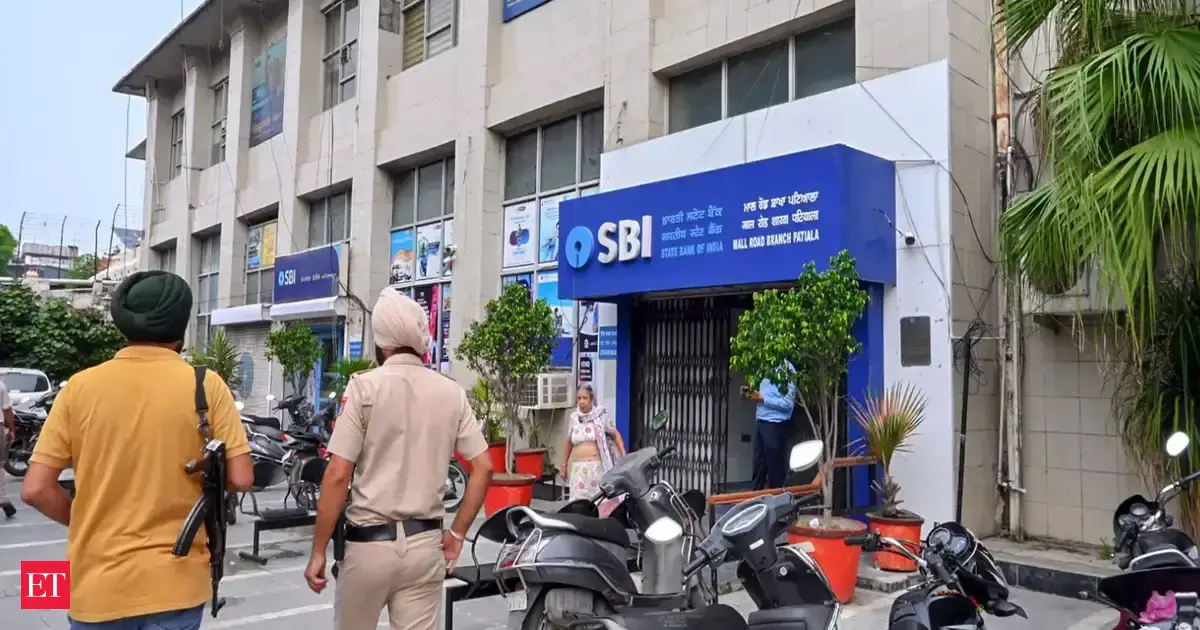By Team Ys
Copyright yourstory

Private equity firm Carpediem Capital has exited its investment in Flipspaces, a tech-enabled commercial design and build firm, delivering around 9X returns and an internal rate of return of nearly 40%.
The Flipspaces exit adds to Carpediem Fund I’s performance record, which includes realised exits from Yaantra, acquired by Flipkart in 2022 for $40 million, and fashion jewellery brand Sukkhi.
Elsewhere, edtech unicorn PhysicsWallah, which is eyeing an initial public offering (IPO), is planning to ramp up its offline presence in the country and select overseas markets. With a planned raise of Rs 3,820 crore from the IPO, the company has designated Rs 460.55 crore to expand its offline and hybrid centre network in India.
In other news, medical breakthroughs are helping people lead healthier lives.
Case in point: Scientists at University College London have used gene therapy to successfully treat
Huntington’s disease, a devastating degenerative condition that runs in families. Although the study comes with caveats, it offers hope for thousands of people suffering from the disease.
Elsewhere, Eli Lilly plans to launch its experimental oral weight-loss drug orforglipron in India, offering an alternative to injectables, Reuters reported, citing a source.
Lastly, while fear might be considered a universal human emotion, a small group of people have a rare condition that makes them scared of nothing, according to an article in the BBC Future.
In today’s newsletter, we will talk about
Entrepreneurs rewriting Bihar’s business story
GCC leasing turns broad-based
Empowering Tirupati’s waste pickers
Here’s your trivia for today: Which was the first country to serve ice cream to the general public?
Entrepreneurs rewriting Bihar’s business story
For long, Bihar has carried the baggage of being a BIMARU state, a shorthand for what went wrong in India’s development story. But on the ground, a group of entrepreneurs is betting that the next chapter will look very different.
At a roundtable moderated by Shradha Sharma, Founder and CEO of YourStory, Gaurav Shah, Managing Director of Banke Bihari Foods, Prince Ranjan of Snowball Ice Cream, and Anupam Singh of Anaisha Products and Litchica Foods delved into what it means to build successful ventures that employ thousands in a state where most workers tend to seek opportunities outside.
Key takeaways:
Shah’s company mills 40,000 tons of wheat a month, making it one of eastern India’s largest food processing firms. He insists that Bihar can become a hub for textiles, plywood, jute, and branded consumer products.
Despite the optimism, the state suffers from structural weaknesses, skill development challenges, and lopsided urbanisation. For them, these problems aren’t dealbreakers, but rather an opportunity.
Shah calls migration the state’s strength as well as its weakness. According to him, Bihar is a “factory of people working across the country”. Remittances fuel local consumption, and workers bring skills learned outside with them when they return.
Funding Alert
Startup: Handpickd
Amount: $15M
Round: Series A
Startup: Simple Energy
Amount: $10M
Round: Bridge
Startup: Cosmoserve Space
Amount: $3.17M
Round: Pre-seed
GCC leasing turns broad-based
The global capability centres (GCCs) segment in India is witnessing a definite shift. While demand for office space from the technology sector has stabilised, leasing activity from BFSI, engineering, manufacturing, and healthcare GCCs is on the upswing.
Global property consultancy firm Colliers highlights in its report titled ‘GCCs in India: Building the future of global enterprises’ that although the technology sector continues to dominate demand, GCC leasing is increasingly becoming broad-based, with global companies across sectors expanding their operations in India.
Trend shift:
Since 2021, technology GCCs have leased 36.6 million square feet of office space, accounting for 37% of the overall GCC demand. In contrast, the share of BFSI GCCs has risen from 15% in 2021 to 27% in 2025. Engineering and manufacturing GCCs have also expanded from 11% to 17%.
This growing demand from BFSI, engineering and manufacturing GCCs is due to their diverse requirements, which India can fulfil, primarily due to the availability of a skilled talent pool.
The BFSI segment is driven by requirements such as risk management, compliance, digital banking, and fintech. Engineering and manufacturing GCCs are expanding R&D, product engineering, and design capabilities.
Social impact
Empowering Tirupati’s waste pickers
Municipal data shows that the temple town of Tirupati generates more than 200 tonnes of solid waste every day, fuelled by the constant influx of pilgrims and the city’s growing population. Much of this waste is recycled, thanks to the efforts of waste pickers.
Now, a unique partnership between Dalit Bahujan Resource Centre, an NGO working with marginalised communities in Andhra Pradesh and Telangana, and multinational food packaging and processing company Tetra Pak, is rewriting the story for waste pickers.
News & updates
Antitrust probe: The European Commission launched an antitrust probe into German software behemoth SAP on Thursday, citing concerns about the company’s practices in software support services.
Restructuring: Starbucks announced a $1 billion restructuring plan that involves closing some of its North American coffeehouses and laying off more workers as it moves ahead with its “Back to Starbucks” transformation under CEO Brian Niccol.
Resilience: Canada’s BlackBerry raised its fiscal 2026 revenue forecast, banking on strong demand for its cybersecurity software amid a rise in online hacking. Enterprises have been boosting their spending on software provided by cybersecurity companies such as BlackBerry to protect their digital infrastructure as the rapid AI advancements open up new avenues for cyberattacks.
Which was the first country to serve ice cream to the general public?
Answer: France, when Café Procope, the first café in Paris, opened in 1660.
We would love to hear from you! To let us know what you liked and disliked about our newsletter, please mail nslfeedback@yourstory.com.
If you don’t already get this newsletter in your inbox, sign up here. For past editions of the YourStory Buzz, you can check our Daily Capsule page here.



